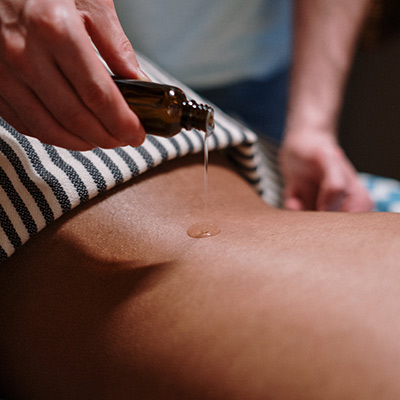 In our fast-paced lives, we often find ourselves caught up in routines that do more harm than good to our health. Late nights, skipped breakfasts, and reliance on fast food have become all too common, leaving us feeling drained and unbalanced. We’re constantly playing catch-up with our well-being, but what if there was a way to not just maintain but enhance our vitality?
In our fast-paced lives, we often find ourselves caught up in routines that do more harm than good to our health. Late nights, skipped breakfasts, and reliance on fast food have become all too common, leaving us feeling drained and unbalanced. We’re constantly playing catch-up with our well-being, but what if there was a way to not just maintain but enhance our vitality?
The Weather Connection
As the seasons shift, you may find yourself asking, “Why am I feeling unwell in the mornings?” The answer often lies in the abrupt weather changes that affect our bodies. Fortunately, Ayurveda, the ancient Indian system of medicine, offers us a solution: Abhyanga, the art of self-massage.
Abhyanga: Ancient Self-Care Ritual
Abhyanga, derived from Ayurveda, one of the oldest known systems of medicine, this therapeutic massage technique aims to balance the mind, emotions, body and spirit.
This self-massage technique can be incorporated into your daily routine. This practice involves applying warm oils to your body, harnessing the skin’s capacity to eliminate toxins and promote overall muscle tone and health.
The skin, being the body’s largest organ, plays a crucial role in eliminating toxins from our body. Abhyanga facilitates this process through gentle downward strokes and the application of warm oils, creating a harmonious flow of energy that reduces stress and tension.
Understanding Ayurvedic Elements
It’s believed that our bodies are influenced by three primary elements: Vata (wind), Pitta (fire), and Kapha (earth). When your Vata, associated with the wind element, isn’t functioning optimally, it can affect your Pitta and Kapha as well. When Vata is out of balance, one can experience stiffness, pain, dryness and tiredness. Fall is a time where Vata can be triggered and an imbalance can occur due to the change of seasons.
By performing Abhyanga with the right oils, such as sesame oil, you can help balance your Vata and promote overall well-being. Interestingly, the skin is an efficient vehicle for delivering medicinal properties, bypassing the need to ingest them.

The Ritual of Self-Massage
To embark on your Abhyanga journey, you can warm the oil in a pot of hot water or rub it between your hands to generate warmth. Apply it using circular motions to your joints, clockwise direction in the abdomen and longitudinal motions in the extremities, following the direction of hair follicles. These motions help muscles regain their shape and tone, and they stimulate the body’s sensation of touch.
By indulging in the soothing embrace of an oil massage and faithfully practicing Abhyanga, you bestow upon your body a profound act of self-love. “Sneha,” which translates to love, signifies the affectionate care you lavish upon your body through Abhyanga. This cherished practice not only nurtures your immune and nervous systems but also fosters improved sleep, emotional stability, and overall physical and mental well-being.[/two_thirds_last]
Incorporating Abhyanga into Your Routine
To experience the full benefits of Abhyanga, we recommend performing this self-massage first thing in the morning. Allow the oil to sit on your skin for at least 20 minutes before showering to let it work its magic. Some individuals prefer to do it after a shower, and that’s perfectly fine too; the key is to make it a consistent part of your routine and ensure your body is dry.
Embrace The Wisdom
In conclusion, embracing the wisdom of Ayurveda, especially the practice of Abhyanga, can help you navigate the changing weather with grace and enhance your overall well-being. At Satori Spinal Wisdom, LLC in Colorado Springs, we encourage you to incorporate this ancient self-care ritual into your life to promote balance, vitality, and a deeper connection to yourself. So, start your day with love and care for your body, and let the healing power of Abhyanga transform your life.
